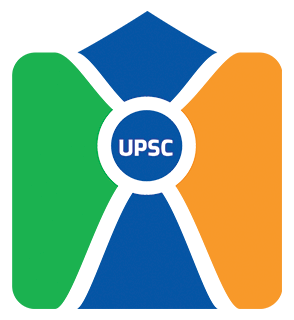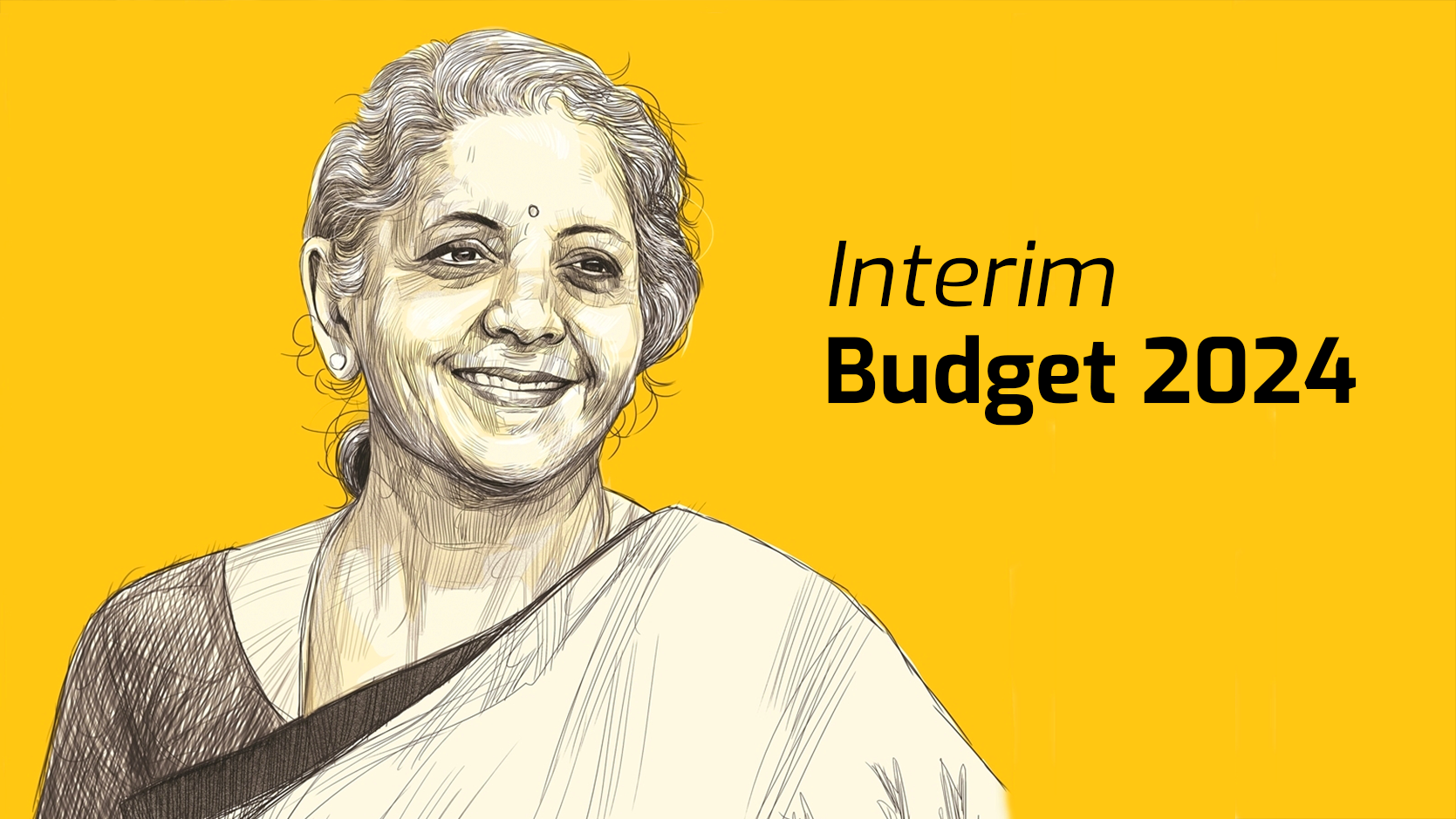UPSC Commerce and Accountancy Syllabus: Candidates with a background in finance or business tend to favor the optional courses in commerce and accounting. Accounting is the study of recording, organizing, and reporting business activities; commerce is the exchange of goods and services.
The optional commerce and accounting papers are worth 250 marks. Accounting and finance are the main topics of Paper I, whereas organization, human resources, and industrial relations are the main topics of Paper II. The UPSC CSE Commerce and Accountancy Optional syllabus, books, and preparation advice are all included in this post.
UPSC Commerce and Accountancy Syllabus
The optional course for accounting and commerce is technical. Furthermore, the syllabus for Commerce and Accountancy is longer than those of other courses, even though the topics themselves are concise. Interested subjects including accounting, finance, markets, taxes, and human resource management are covered in the syllabus for candidates.
After taking this subject, candidates should keep the PDF of the optional syllabus for commerce and accounting on their desks as they start to prepare for the UPSC Mains. The comprehensive syllabus for Paper 1 and Paper 2 can be found here:
UPSC Commerce and Accountancy Syllabus for Paper 1
The Accounting and Trade The first paper covers accounting and finance-related subjects. Other subtopics might be covered under these two main issues. The Paper I syllabus is listed in the table below:
| UPSC Commerce and Accountancy Syllabus for Paper 1 |
| Topics |
Subtopics |
| Accounting, Taxation & Auditing |
| 1. Financing Accounting |
- Accounting as a financial information system; Impact of behavioral sciences. Accounting Standards e.g., accounting for Depreciation, Inventories, Research and Development Costs, Long-term Construction Contracts, Revenue Recognition, Fixed Assets, Contingencies, Foreign Exchange Transactions, Investments and Government Grants, Cash Flow Statement, Earnings per Share.
- Accounting for Share Capital Transactions including Bonus Shares, Right Shares.
- Employees Stock Options and Buy-Back of Securities.
- Preparation and Presentation of Company Final Accounts.
- Amalgamations, Absorption, and Reconstruction of Companies.
|
| 2. Cost Accounting |
- Nature and functions of cost accounting. Installation of Cost Accounting System. Cost Concepts related to Income Measurement, Profit Planning, Cost Control, and Decision Making.
- Methods of Costing: Job Costing, Process Costing, Activity Based Costing. Volume-cost-Profit Relationship as a Tool of Profit Planning.
- Incremental Analysis/Differential Costing as a Tool for Pricing Decisions, Product Decisions, Make or Buy Decisions, Shut-Down Decisions, etc.
- Techniques of Cost Control and Cost Reduction: Budgeting as a Tool of Planning and Control. Standard Costing and Variance Analysis.
- Responsibility Accounting and Divisional Performance Measurement.
|
| 3. Taxation |
- Income Tax: Definitions. Basis of charge; Incomes which do not form part of total income. Simple problems of computation of income (of individuals only) under various heads, i.e., salaries, income from house property, profits and gains from business or profession, capital gains, income from other sources, Income of other persons included in assessee’s total income.
- Set-off and Carry forward of Loss.
- Deductions from gross Total Income.
- Salient Features/Provisions Related to VAT and Services Tax.
|
| 4. Auditing |
- Company Audit: Audit related to Divisible Profits, Dividends, Special investigations, Tax audit.
- Audit of banking, Insurance, Non-Profit Organizations, and Charitable societies/Trusts/Organizations.
|
| Financial Management, Financial Institutions and Markets |
| 1. Financial Management |
- Finance Function: Nature, Scope, and Objectives of Financial Management, Risk and Return Relationship.
- Tools of Financial Analysis: Ratio Analysis, Funds-Flow, and Cash-Flow Statement.
- Capital Budgeting Decisions: Process, Procedures and Appraisal Methods. Risk and Uncertainty Analysis and Methods.
- Cost of Capital: Concept, Computation of Specific Costs, and Weighted Average Cost of Capital. CAPM is a tool for Determining the Cost of Equity Capital.
- Financing Decisions: Theories of Capital Structure—Net Income (NI) Approach,
- Net Operating Income (NOI) Approach, MM Approach and Traditional Approach. Designing of Capital structure: Types of Leverages (Operating, Financial, and Combined), EBIT-EPS Analysis, and other factors.
- Dividend Decisions and Valuation of Firm: Walter’s Model, MM Thesis, Gordan’s Model, Lintner’s Model. Factors Affecting Dividend Policy.
- Working Capital Management: Planning of Working Capital. Determinants of Working Capital. Components of Working Capital—Cash, Inventory, and Receivables.
- Corporate Restructuring with a focus on Mergers and Acquisitions (Financial aspect only).
|
| 2. Financial Markets and Institutions |
- Indian Financial System: An Overview
- Money Markets: Participants, Structure, and Instruments. Commercial Banks. Reforms in the Banking Sector. Monetary and Credit Policy of RBI. RBI as a Regulator.
- Capital Market: Primary and Secondary Market. Financial Market Instruments and Innovative Debt Instruments. SEBI as a Regulator.
- Financial Services: Mutual Funds, Venture Capital, Credit Rating Agencies, Insurance and IRDA.
|
UPSC Commerce and Accountancy Syllabus for Paper 2
Paper II on Commerce and Accountancy covers a wide range of topics, from industrial relations to organization theory. Candidates must apply the ideas they have studied in this course to organizational and human resource management. The second paper’s syllabus is as follows:
| UPSC Commerce and Accountancy Syllabus for Paper 2 |
| Topics |
Subtopics |
| Organization Theory and Behaviour |
| 1. Organisation Theory |
- Nature and Concept of Organisation: External Environment of Organisation—Technological, Social, Political, Economic and Legal, Organizational Goals Primary and Secondary Goals, Single and Multiple Goals, Management by Objectives.
- Evolution of Organisation Theory: Classical Neo-classical and system approach.
- Modern Concepts of Organisation Theory: Organisational Design, Organisational Structure and Organisational Culture.
- Organisational Design—Basic Challenges, Differentiation and Integration Process, Centralization and Decentralization Process, Standardization/Formalization and Mutual Adjustment. Coordinating Formal and Informal Organizations. Mechanistic and Organic Structures.
- Designing Organizational structures—Authority and Control, Line and Staff Functions, Specialization and Coordination. Types of Organization Structure—Functional. Matrix Structure, Project Structure. Nature and Basis of Power, Sources of Power, Power Structure and Politics. Impact of Information Technology on Organizational Design and Structure.
- Managing Organizational Culture.
|
| 2. Organisation Behaviour |
- Meaning and Concept: Individual in organization; Personality, Theories, and Determinants; Perception Meaning and Process.
- Motivation: Concepts, Theories and Applications. Leadership—Theories and Styles. Quality of Work Life (QWL): Meaning and its Impact on Performance, Ways of its Enhancement. Quality Circles (QC)—Meaning and their Importance. Management of Conflicts in Organizations. Transactional Analysis, Organizational Effectiveness, Management of Change.
|
| Human Resources Management and Industrial Relations |
| 1. Human Resources Management (HRM) |
- Meaning Nature and Scope of HRM, Human Resource Planning, Job Analysis, Job Description, Job Specification, Recruitment Process, Selection Process, Orientational and Placement, Training and Development Process Performance Appraisal and 360° Feedback Salary and Wage Administration, Job Evaluation, Employee Welfare, Promotions, Transfers and Separations.
|
| 2. Industrial Relations (IR) |
- Meaning, Nature, Importance, and Scope of IR, Formation of Trade Union, Trade Union Legislation, Trade Union Movement in India, Recognition of Trade Unions, Problems of Trade Unions in India, Impact of Liberalization on Trade Union Movement.
- Nature of Industrial Disputes: Strikes and Lockouts, Causes of Disputes, Prevention and Settlement of Disputes.
- Worker’s Participation in Management: Philosophy, Rationale, Present Day Status and Future Prospects.
- Adjudication and Collective Bargaining, Industrial Relations in Public Enterprises, Absenteeism, and Labour Turnover in Indian Industries and their Causes and Remedies.
- ILO and its Functions.
|
UPSC Commerce and Accountancy Syllabus: Preparation Tips
There are several revisions and a lot of reading involved in the Commerce and Accountancy Optional. Candidates who choose to pursue this optional topic should start preparing as soon as possible. The Commerce and Accountancy Optional asks questions on both theoretical and numerical principles, so the main tactic should be to allow enough time for the practice portion.
The following is the plan of preparation for the optional subjects of commerce and accounting:
Start with the syllabus: Ensure that you have a thorough understanding of every topic on the syllabus before moving on. This will assist in choosing the reading list and creating a study schedule.
Seek the Assistance of Mentors: Enroll in a reputable accounting and commerce program Taking optional tutoring can help you learn how to answer UPSC’s main questions and cover the entire syllabus.
Emphasis Fundamental Ideas: Don’t be afraid to read NCERT books because they lay a solid basis. These works can assist you in developing a strong grasp of fundamental and static concepts, even if your background is comparable to mine.
See Quality Study Material: To study the advanced themes of the Commerce and Accountancy Optional syllabus, you need to choose the appropriate books. Examine this booklist, which has been recommended by mentors and outstanding performers.
Keep Up with Current Events: The most recent developments, including the budget, adjustments to tax laws, and the results of the economic survey, should be known to candidates. The application of current events is required for a significant portion of the optional paper on commerce and accounting.
Take Notes and Rewrite Several Times: Applicants should take brief notes on subjects because it will be difficult to revise large papers at the last minute. To help with revision, toppers advise creating your optional notes for accounting and commerce.
Complete Test Series and PYQs: To comprehend the requirements of the exam, candidates must complete the optional commerce and accounting papers from the previous ten years. Afterward, enroll in a reputable test series to gain experience writing responses so that you can finish the assignment in the allotted three hours.
Commerce and Accountancy Optional Recommended Books for UPSC Preparation
The selection of books can have a big impact on how well you prepare. The vastness of the Commerce and Accountancy syllabus means that applicants must make sure they consult only a small number of books covering every subject. The following is a typical reading list for the UPSC optional course on commerce and accounting:
| Commerce and Accountancy Optional Books |
| Paper |
Books |
| Paper 1 |
- Accounting Corporate Accounting– Naseem Ahmed
- Accounting Standards- D. S. Rawat
- Auditing Students’ Guide to Auditing- Aruna Jha
- Income Tax book- V.K. Singhania or Girish Ahuja
- Cost Accounting: Theory & Problems – Maheshwari & Mittal
- Financial Management: Text and Problems- Khan and Jain
- Indian Financial System- M.Y. Khan
- Financial Institutions & Markets- L.M. Bhole
|
| Paper 2 |
- Human Resource Management- C.B. Gupta
- Industrial Relations- T.N. Chabra and R.K. Suri
- Dynamics of Industrial Relations- C.B. Mamoria and Satish Mamoria
- Human Resource Management- K. Aswathappa
- Organization Behaviour- L.M. Prasad
- Organisation Theory and Behaviour- B.P. Singha and T.N. Chabra
|
Array


 UPSC Sociology Syllabus
UPSC Sociology Syllabus  UPSC Bodo Literature Optional Syllabus
UPSC Bodo Literature Optional Syllabus 



